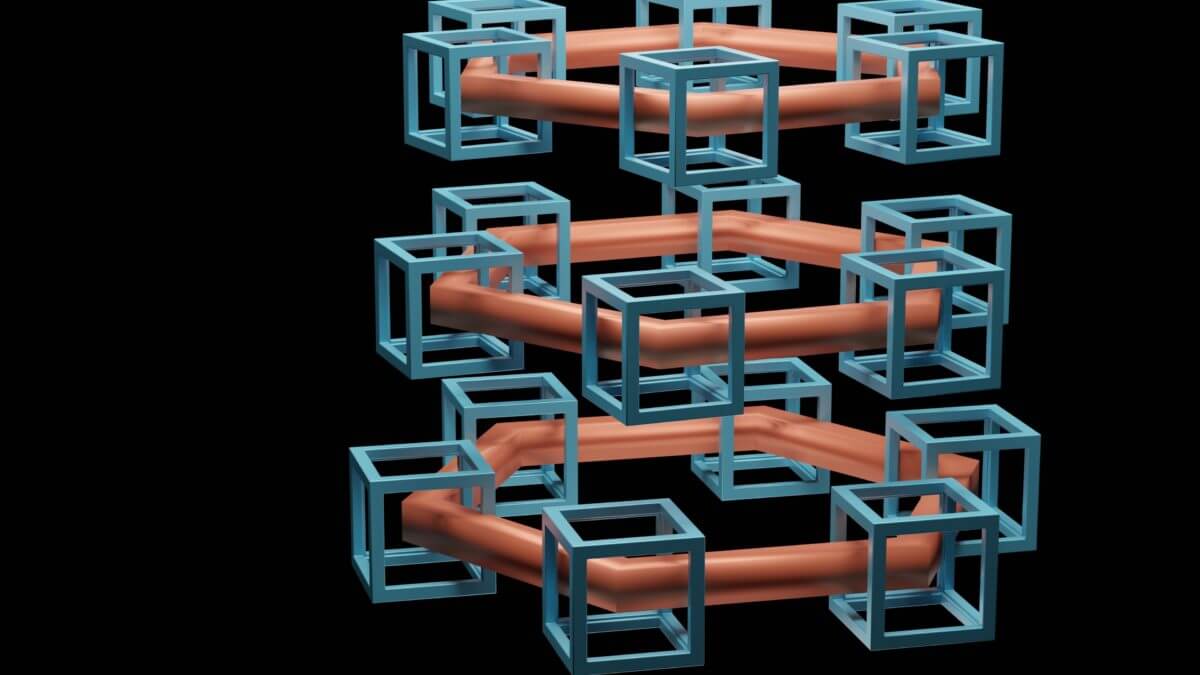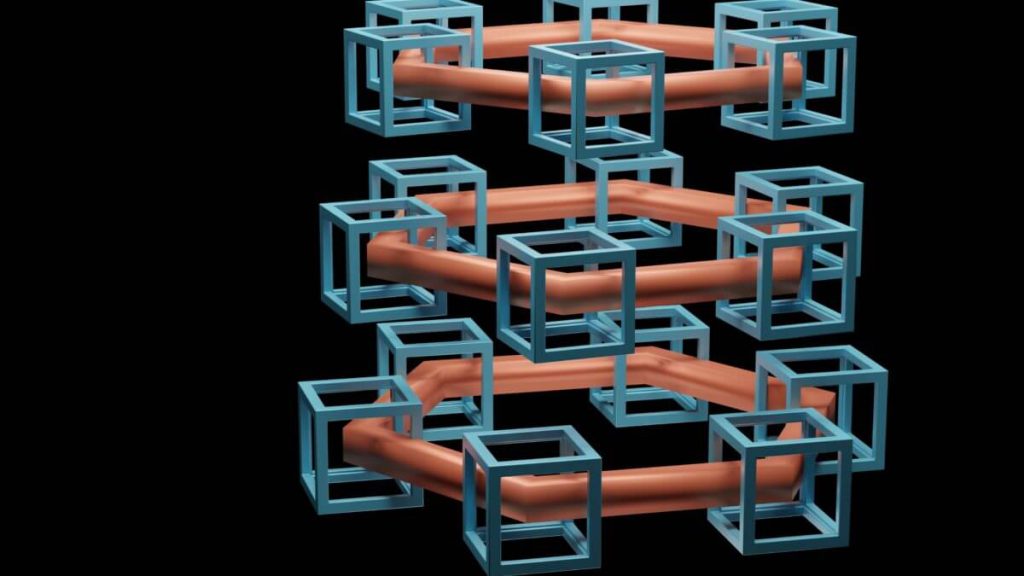
Future of Apps: What are DApps?
We shall discuss decentralized applications built on blockchain technology in this article. We’ll learn about DApps, including what they are, how they function, how they vary from regular applications, and even how to make one! You can also see examples of these applications here.
Although DApp may appear to be a typical application, it is not. Entirely decentralized and based on blockchain technology. These programs are not under anyone’s control, and anyone can use the code for their own reasons. Typically, DApps are created to aid in creating other apps like DeFi, games, or socials. These applications have the following primary traits:
- Free software. The DApps codebase ought to be accessible to everyone.
- A decentralized program should store all transaction logs on the blockchain to prevent centralization.
- Blockchain verifiers put effort into their work; hence, they should be compensated. Typically, cryptography is used for this.
- The foundation of a DApp is typically a cryptographic algorithm. Bitcoin, for instance, employs Proof of Work (PoW).
Advantages of DApps
Let’s explore the benefits that DApps can provide:
- DApps are tamper-proof and nearly impossible to hack because they are decentralized.
- Faster payments because there are no third parties involved.
- In most cases, logging in is simple and doesn’t require a user to provide personal information.
- Trustworthy data records. If we need to, for example, validate a transaction, we can look at the data, securely stored on the blockchain.
Different DApps
The website dapp.review estimates that there are more than 6,000 DApps. One can divide decentralized applications into the following categories: gaming, social, finance, exchanges, and “other.” We can classify these apps one more way:
- These comprise decentralized exchanges and other cryptocurrency-related software programs. Consider the Compound app, which allows you to lend cryptocurrency and profit from it.
- Financial in part. Applications whose goal is unrelated to finances but which need working with finances. Games, markets, and auctions are a few of these. For instance, some games require you to own a piece of virtual real estate to Only to begin playing do finances come into play.
- Non-financial. Applications for sharing hard drive space or computing power are among them. For instance, the SAFE Network uses Safecoin tokens, which are unavailable for purchase. The application does not directly depend on finances to function.


